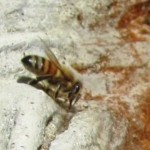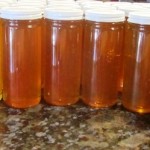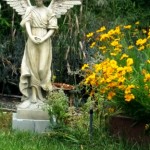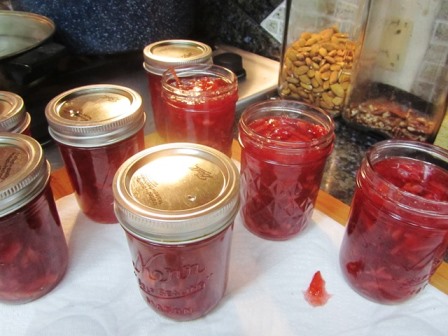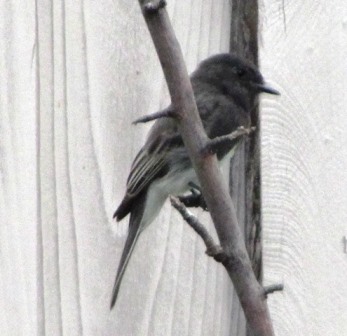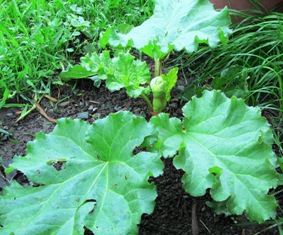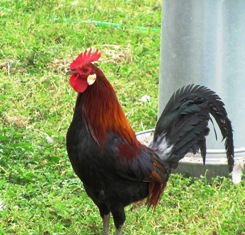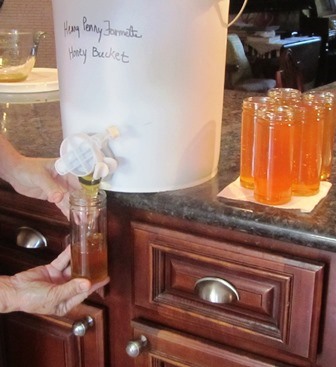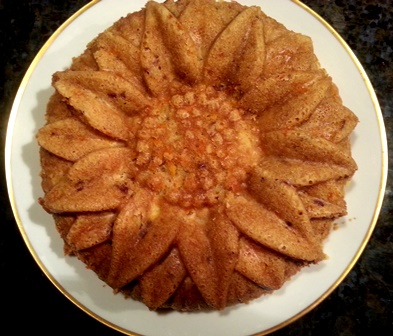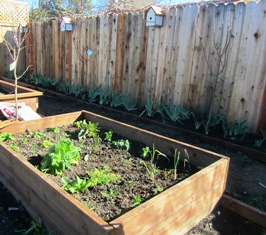Point of Departure When a Loved One Has Passed
After the news of the recent passing of my only sibling and the last member of my nuclear family, I moved an old chair beneath a plum tree on my Henny Penny farmette near the hives to listen to the hum of bees and read the Georgics of Virgil.
For me, reading verse serves as a point of departure to an inward journey where I can find calm, utter silent prayers, seek forgiveness, spiral forth blessings, and come to terms with what has been left unspoken. In time, I find it is possible to surrender to what is and accept what cannot be changed.
- Some plant flowers in remembrance of a deceased loved one. Pictured is the “Honor” rose
Beneath the dense canopy of the plum, I lost myself in reading the ancient verses of Virgil. The reclusive Roman scholar wrote his long poem of Georgics in four parts around 70 BCE. Virgil’s verses draw readers into pastoral landscapes where he describes nature, the seasons and their attributes, as well as the fullness and sadness of life. I believe my brother would appreciate these verses that show loss as an integral part of the natural world and our human existence. For me, Virgil’s poetry connects the mundane with the lofty.
Virgil’s verses speak to repetitive cycles–nature’s seasonal shifts occurring over the landscape, man’s domesticated animals going about their business, bees gathering pollen and nectar to bring forth honey. Some see these verses as primers on agricultural work and animal husbandry. What I derive from these poems is a loftier meaning: as much as change comes into our lives (whether through sorrow, suffering, loss, or war), the big picture is this–life goes on and there is sweetness for us to find.
In Georgics IV about beekeeping, Virgil writes:
“First find your bees a settled, sure abode where neither winds can enter ( winds blow back the foragers with food returning home)
Nor sheep or butting kids tread down the flowers, Nor heifer wandering wide upon the plain
Dash off the dew, and bruise the springing blades . . . .
The above is from another translation, but A.S. Kline offers a beautiful English translation from the Latin of Georgic IV, see, https://www.poetryintranslation.com/PITBR/Latin/VirgilGeorgicsIV.php
Virgil grew up in the rural Italian countryside where the peasantry lived close to the land. When the civil wars during Virgil’s lifetime caused many farms to go into states of disrepair and farmers to lose their land, Virgil’s family farm became a casualty of the times.
It’s believed that he subsequently regained his farm but the experience of loss had become indelibly imprinted in his consciousness because his writings deeply reflect the sadness of those who’d suffered loss. Perhaps because the reclusive bachelor and scholar did not enjoy robust health himself, Virgil wrote that the greatest wealth is health.
I thought about that as I sat listening to my bees and the sounds of nature around me. My brother had enjoyed good health before marching with other Marines through Vietnam’s fields of Agent Orange. In the last year of his life, health issues concerned him. But he didn’t dwell on that–farmers and soldiers seldom do.
I’m sure if he’d had a choice in the matter, he’d have preferred to breathe his last breath while fishing, surveying the expanse of a newly harvested field, or walking in the woods. Instead, he passed away while removing a sapling that a neighbor wanted pulled from her flowerbed. Death found him lying under an expansive sky on side of the road, the sun on his face, his breath gone, his heart still.
Perhaps, he was ready. Fields and woods, rivers and streams, farms and fresh air have always called to me and my brother like some ancient voice in our DNA.
As children during this time of year in late summer, we would race to the nearest watering hole to wade, throw rocks, or fish. Never uttering a word, we could spend hours sitting on a river bank in dappled shade, poles in hands, eyes on bobbins hoping for a nibble. Or, we would lie in a field of tall grain watching the clouds merge, split, and float across the expansive sky until they’d disappeared completely. It’s how I imagine my brother’s soul departed that fateful day–guided to the Great Beyond by a Spectacular Unseen Hand.
In the days ahead, I will take comfort in reading words written by my favorite observers of life like Virgil and philosophers of the world, both past and present. I will read favorite passages in sacred texts. And I’ll refer to my own books on meditation and ritual. I hope the process empowers me to come to an untroubled, tranquil acceptance of the culmination of his life. Ready to face what will be my destiny, too. May you rest in eternal peace, Brother.
_____________________________________________________________________

More than 150 rituals for sound mind, strong body, and meaningful connections to the people around you
https://www.amazon.com/dp/B0719HHVRJ/ref=dp-kindle-redirect?_encoding=UTF8&btkr=1
20 Things to Do on a Farm When It’s Raining
Rain . . . unrelenting rain makes working outside near impossible. Since rain is in the forecast for the rest of this week, I’m doing indoor projects here on the Henny Penny Farmette. Why? Because let’s face it: try driving screws into wet fence boards or digging when the earth is like a giant mud ball, or pruning trees when looking upward against a downpour is rather ridiculous. Here are some things to do inside until the weather clears up.
1. Clean the clutter from the kitchen and test some new recipes
2. Read seed catalogs
3. Order beekeeping supplies (to be ready when the weather turns warm and the bees get active)
4. Make a batch of blood orange marmalade (since blood oranges are ripe now)
5. Feed bees, birds, and other wildlife
6. Work on indoor renovation such as finish the installation of base boards and crown moldings
7. Sew curtains; make a quilt, or start an embroidery or knitting project
8. Start the spring cleaning in one or more indoor rooms
9. Plan the spring vegetable garden on paper with a drawing
10. Clean out closets and recycle unused items from cupboards and drawers
11.Make herbal teas (for example: dried leaves of herbs such as mint, dried lemon or orange peel, spices, rose hips, and dried berries)
12. Catch up on your reading for pleasure or books and periodicals about farm and homesteading topics
13. Bring your beekeeping or gardening journal up to date
14. Order supplies–antibiotics for the chickens or medicines for your bees and other domestic stock
15. Bottle honey from the bucket and affix labels
16. Make a dazzling dessert
17. Mend clothing
18. Start working on the taxes for the upcoming season
19. Play your fiddle, piano, horn, or drum
20. Start heirloom seed in flats or get some sprouts growing in a jar
* * *
If you enjoy reading about farming topics, check out my cozy mystery series from Kensington: A Beeline to Murder, The Murder of a Queen Bee, and A Hive of Homicides. Delicious recipes, farm lore, and tips for keeping chickens and bees add to the charm of these delightful mysteries.

- COMING September 2017
- These books are available through online retailers and traditional bookstores everywhere.
See, http://tinyurl.com/hxy3s8q
A Beeline to Murder is the debut novel that launched the Henny Penny Farmette series of mysteries.
See, http://tinyurl.com/h4kou4g
The second cozy mystery in the Henny Penny Farmette series is garnering great reviews from readers and industry publications.
 Facebook
Facebook Goodreads
Goodreads LinkedIn
LinkedIn Meera Lester
Meera Lester Twitter
Twitter





